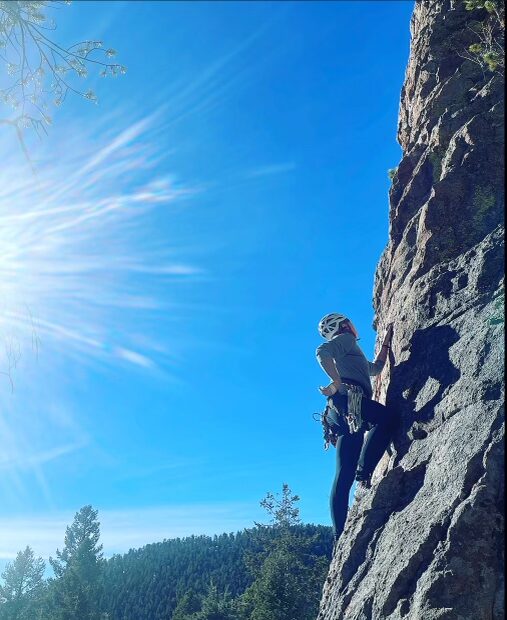Theresa Morris shared their story and experiences with us recently and you can find our conversation below.
Hi Theresa, thank you so much for joining us today. We’re thrilled to learn more about your journey, values and what you are currently working on. Let’s start with an ice breaker: What do you think is misunderstood about your business?
The ASCL is empowering kids to take responsibility for their own competition, Meaning, letting them take the skills of climbing, integrity and sportsmanship to make the competition their own with limited involvment from adults.
We’ve all seen how over-amibitious adults get in the way of letting kids just enjoy the sport they are interested in with the friends they’d like to be around. Competitions, especially amateur ones, can be friendly. We can cheer on and celebrate our competitor’s success. Winning does not trump good sportsmanship.
In the ASCL, we want the student-athletes to keep each other accountable by scoring each other, belaying for each other and sharing tips about climbing a route with each other.
The adults are there for safety and to help facilitate competing with integrity.
Can you briefly introduce yourself and share what makes you or your brand unique?
Being a public educator for the past 29 years, I was able to create a experiential education program within a middle school and high school. These were non-traditional programs focusing on the development of EQ (Emotional Intelligence) verses IQ. Taking kids into the backcountry and teaching outdoor education skills allowed me to teach environmental ethics, how to play safely in the backcountry and, as a result, I saw genuine growth in the lives of students. Creating the space for them to develop their self-esteem, self-motivation, self-management, social skills, empathy and resiliency directed my educational journey.
The ASCL grew from that professional space. As climbing gyms were formed in the late 80’s and early 90’s, I was trying to figure out how best to use them with my students. At this time gyms were new and climbers were trying to figure out how a climbing competition would run. I participated in traditional red point competitions when climbing and competing in Europe on a couple of my summer breaks. I brought this friendly competition style back to implement into my program. My colleagues and I had so much fun playing around with this format and creating competitions that were friendly yet challenging. It’s you against the wall and your fellow competitors celebrate your success with you. It’s such a wonderful and safe atomosphere to climb in.
This experience solidified my vision for kids in the U.S. to experience their own life-long lessons and relationships through climbing. Plus, the climbing industry provides many opportunities for a future. Kids can become sponsored athletes, route setters, gym managers, gym owners or simply find a positive hobby.
Great, so let’s dive into your journey a bit more. Who taught you the most about work?
I grew up being raised by my mother and grandmother. Both of them showed me the value of having a work ethic, taking each obtacle one step at time and appreciating the things you do have vs envying others who you may perceive to have something more.
My grandmother grew up in during the depression and, as a result, waisted nothing. I picked up her her commitment to using all of her resources and not take no for an answer.
When you were sad or scared as a child, what helped?
Being an athlete was the best stress management and therepy I could ask for. Everyone wants to be a part of something bigger than themselves and sports allows that to happen.
I’m not sure who said this but “you’ll learn more about yourself in one hour of play than a full day of school.”
Besides allowing you to burn off all of that kid energy, playing a sport teaches rules, commitment, working with others, integrity and more.
One of the best things about growing up in the 70’s is that we had unsupervised play. We had the opportunity to learn how to manage ourselves and, if we acted like an idiot, our peers called us out. It’s a missed opportunity in today’s world.
I think our readers would appreciate hearing more about your values and what you think matters in life and career, etc. So our next question is along those lines. What are the biggest lies your industry tells itself?
I don’t think the industry is telling itself any lies but I do think we have a gap in the educational training of climbers. Transferring indoor climbing skills to an outdoor crag is a hole that we need to address. As climbers perfect their skills at the local indoor gym, they become emboldened to climb outside. This is a natural progression however, many climbers need the skills to safely set up anchors, rappell, do a rescue, and environmental ethics.
Having indoor gyms connect with professional outdoor guides for their members is a must. It will decrease the accidents at outdoor crags and need for search and rescue. In addition, learning Leave No Trace practices can be applied.
Before we go, we’d love to hear your thoughts on some longer-run, legacy type questions. What will you regret not doing?
I’d love to be able to travel more. Seeing the world, emmersing yourself in other cultures is the best way to learn empathy. I think we easily fall in to routines and get stuck in our small worlds. As a result, we start to close down and only see what’s in front of us. Social media only fuels the stigma surrounding our beliefs.
Contact Info:
- Website: https://climbtheleague.org/
- Instagram: https://www.instagram.com/scholasticclimbingleague/
- Facebook: https://www.facebook.com/climbtheleague.org
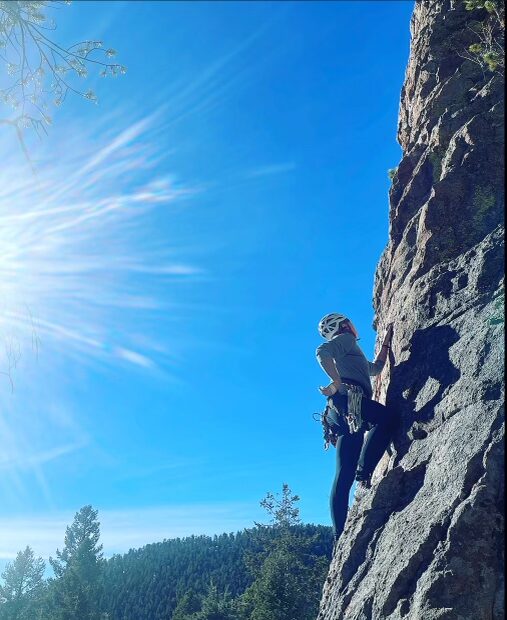
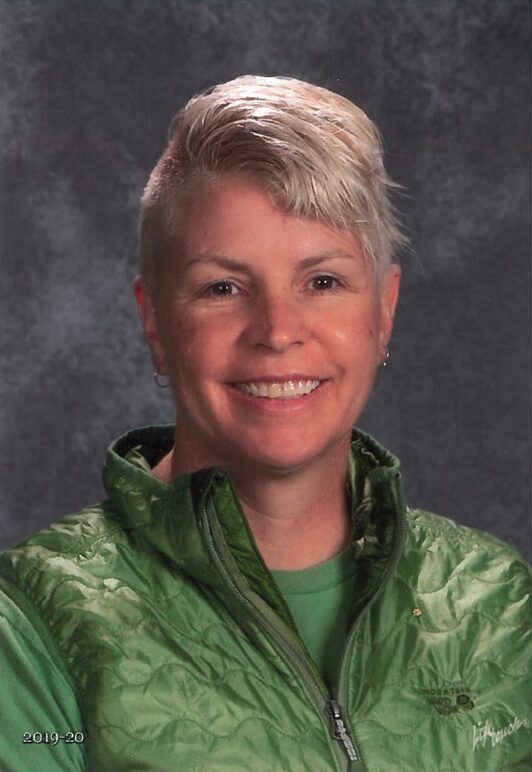
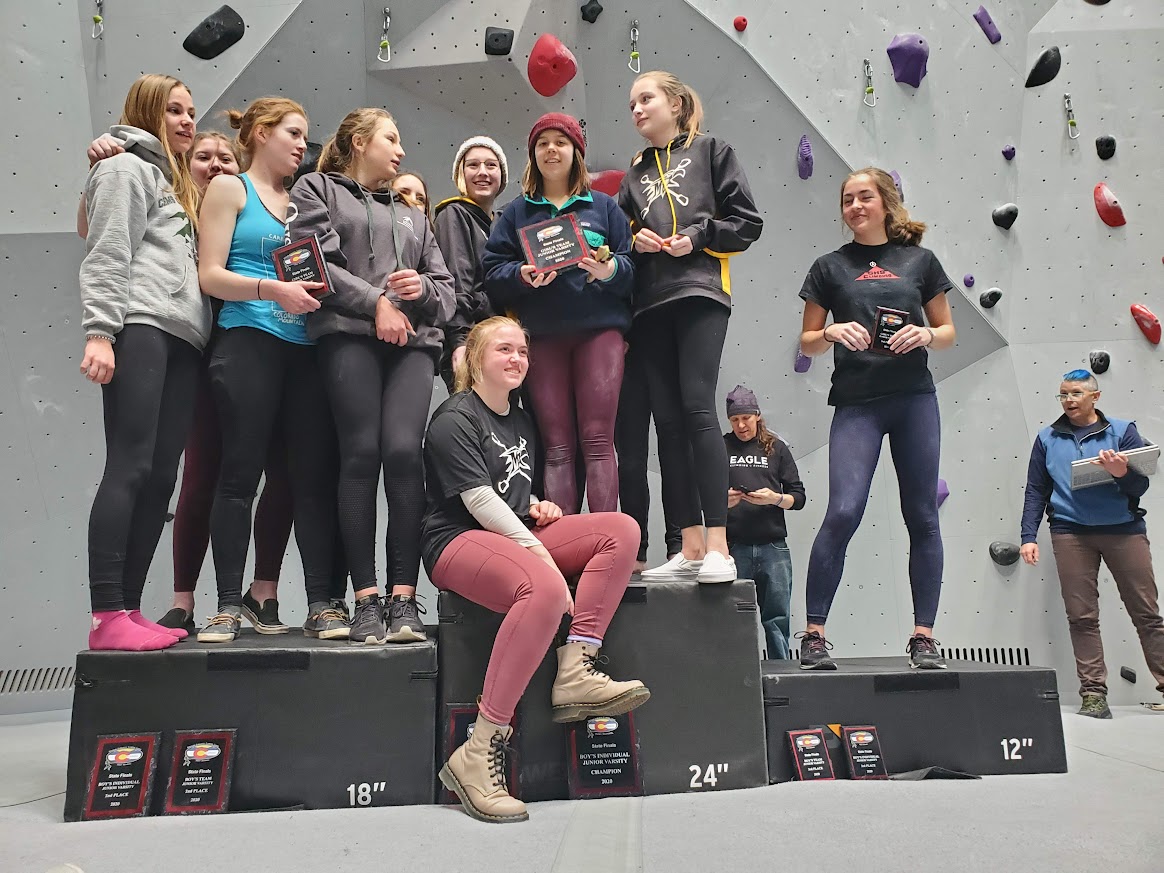
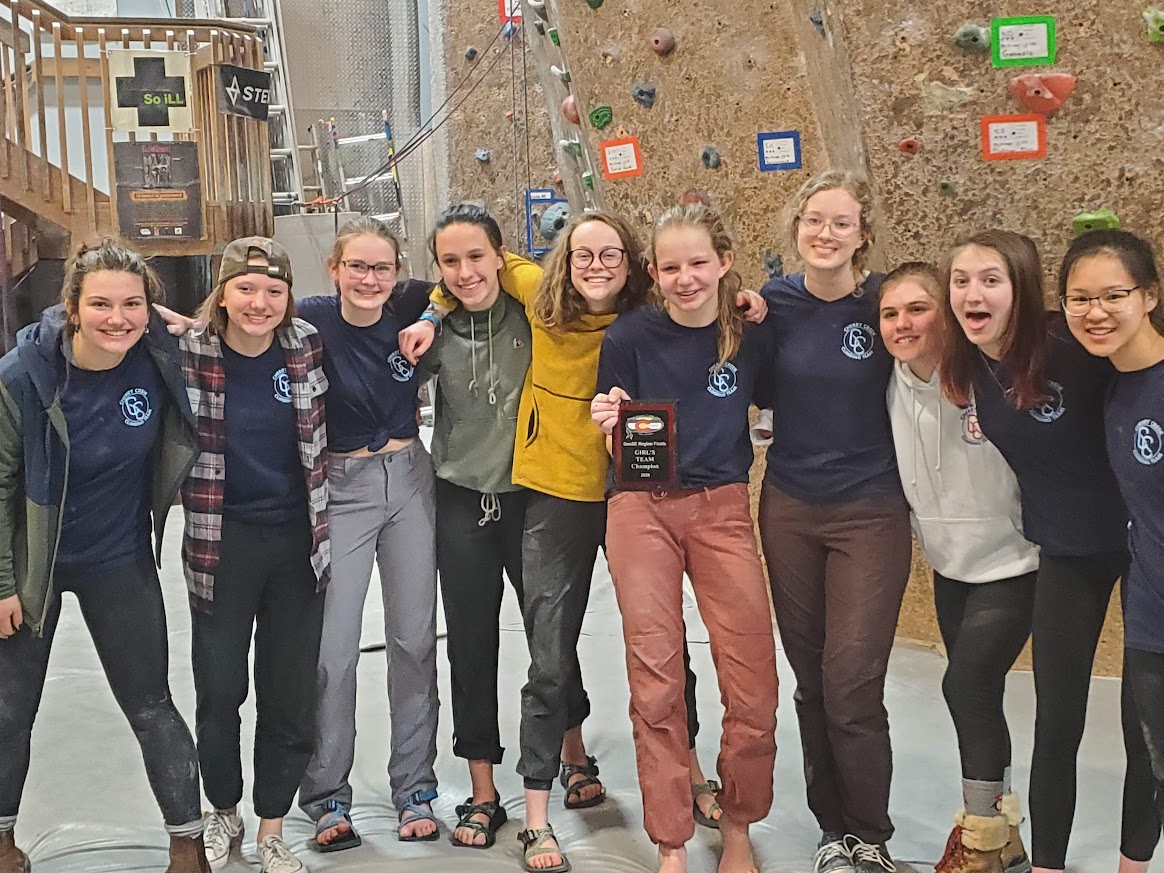
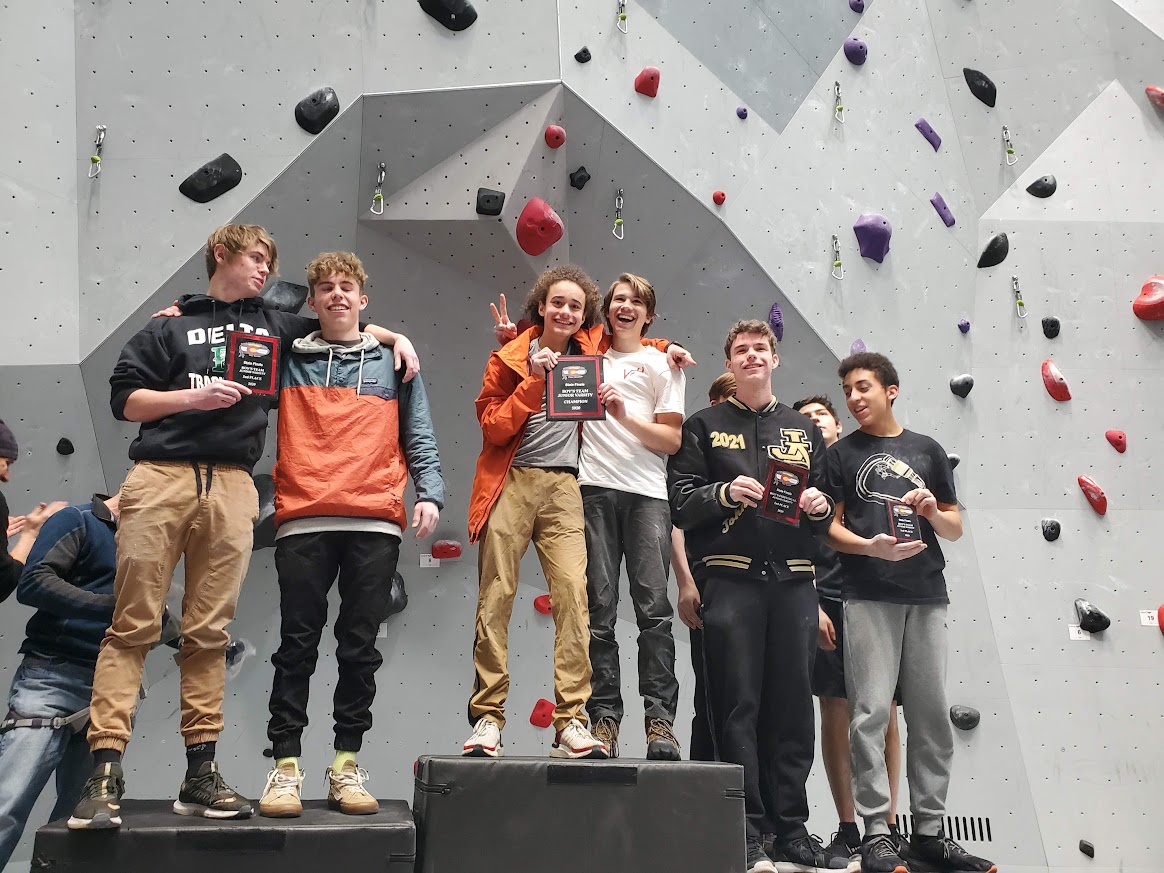

Image Credits
Anne Kalfas
Theresa Morris
so if you or someone you know deserves recognition please let us know here.

